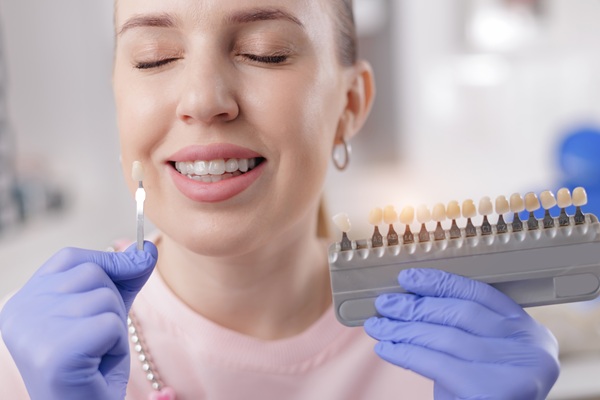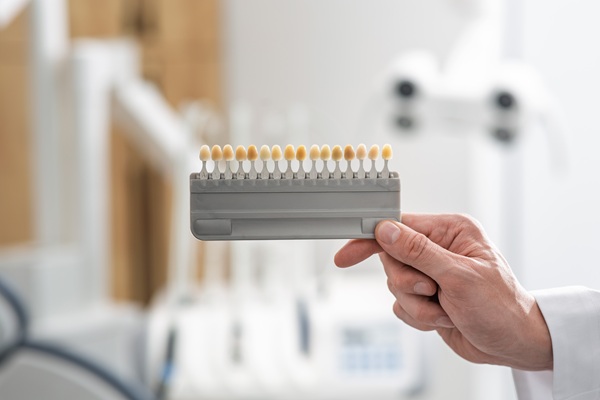Medication Treatments for TMJ

TMJ disorder is not a pleasant condition and can cause pain and discomfort. Although there are many contributing factors to TMJ disorder, there are different treatment options to correct and treat it, including medications. Sometimes symptoms of TMJ disorders disappear without treatment, but if they do not, you may get prescriptions to relieve the condition.
Medication treatments for TMJ disorder
Patients need to confirm with their healthcare provider before starting any medication, even if it is over-the-counter. Some medications have side effects such as weight gain or drowsiness, and some may interfere with any other medication the patient is using.
The dentist will probably have the patient try an over-the-counter medication before prescribing a drug. If the over-the-counter meds are not effective enough to alleviate jaw pain and other symptoms of TMJ disorder, the doctor will recommend a more powerful medication to ease the condition.
Over-the-counter medications
Acetaminophen can help relieve jaw pain momentarily, but it does not treat inflammation. Nonsteroidal anti-inflammatory drugs (NSAIDs) are effective for controlling both inflammation and jaw pain in TMJ temporarily. A type of NSAID drug is ibuprofen. Anti-inflammatory drugs are usually recommended to relieve pain and swelling if the inflammation of the TMJ is causing soreness.
Prescription medications
Muscle relaxants may be used sometimes to relieve jaw pain and discomfort caused by a TMJ disorder. They function by relaxing the muscles in the face and jaw, and they help reduce muscle spasms. Since muscle relaxants are powerful drugs, patients will usually only have to take them for some days or a few weeks at a time. Diazepam is an example of a muscle relaxant used for treating the condition.
Tricyclic antidepressants can help alleviate discomfort caused by TMJ disorder. Patients do not need to have a history of depression to get an antidepressant. These drugs act by altering how the body perceives pain. An example of a tricyclic antidepressant is amitriptyline.
Corticosteroids may be recommended in case of severe jaw pain and inflammation. However, they are hardly ever used for treating TMJ disorders. If the patient needs them, the corticosteroid will be injected into the joint to provide substantial relief temporarily. An example of a corticosteroid is triamcinolone.
Botulinum toxin, or Botox, is another option for treating pain related to TMJ. Many experts believe injecting a small dose of Botox into the jaw muscles can relieve symptoms of the condition.
A point to consider
It is important to follow the recommendations for prescription drugs to prevent unwanted side effects. Patients need to inform their dentist immediately if they notice any adverse side effects. They may adjust the current drug or recommend alternative medications.
Do you suffer from TMJ disorder?
The medications to use for managing TMJ disorder depend on the severity of the symptoms. Consult a dentist to know the appropriate medication for you. Also, be aware that medications are not a cure for TMJ disorder, but they can remarkably relieve the pain and discomfort associated with this condition.
Request an appointment here: https://www.emersondental.com or call Emerson Dental Associates at (201) 620-9998 for an appointment in our Emerson office.
Check out what others are saying about our dental services on Yelp: TMJ Dentist in Emerson, NJ.
Recent Posts
If you find yourself with TMJ, you need to head to a TMJ dentist immediately. TMJ, or temporomandibular joint dysfunction, is a serious condition of the jaw that can cause everything from pain and irritation to complete inability to move the jaw. This condition can grow more serious by the day, so if you are…
Wondering if you have TMJ, also known as temporomandibular disorder? Whenever you are experiencing any type of dental-related problem, making an appointment with a dental professional as soon as possible is necessary. If you do not, then your dental problem will only continue to get worse until you do.Learning more about TMJ is a great…
Schedule an appointment with our TMJ dentist to deal with constant jaw pain and live a life free of pain.TMJ stands for the Temporomandibular Joint and is more than just a mouthful. This joint is responsible for helping the jaw to move, open, and close without issue. If you experience any challenges with your jaw,…
General dentists are here to answer any questions one might have about temporomandibular joint disorders (TMJ). These are problems that affect the sliding hinge-like joints that connect the lower jaw and the rest of the skull.Here are the answers to some of the questions individuals might have about the temporomandibular joints and issues that can…


